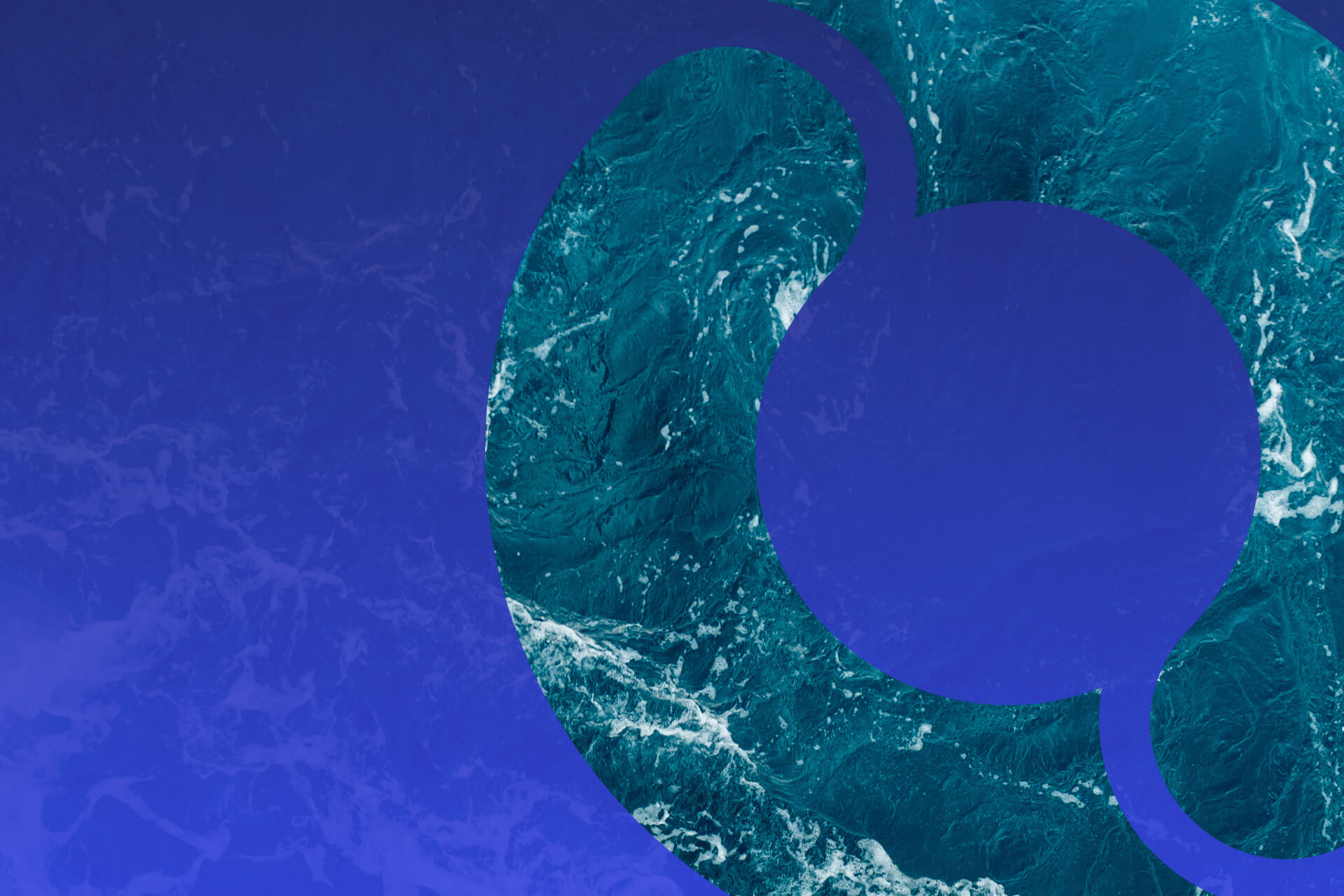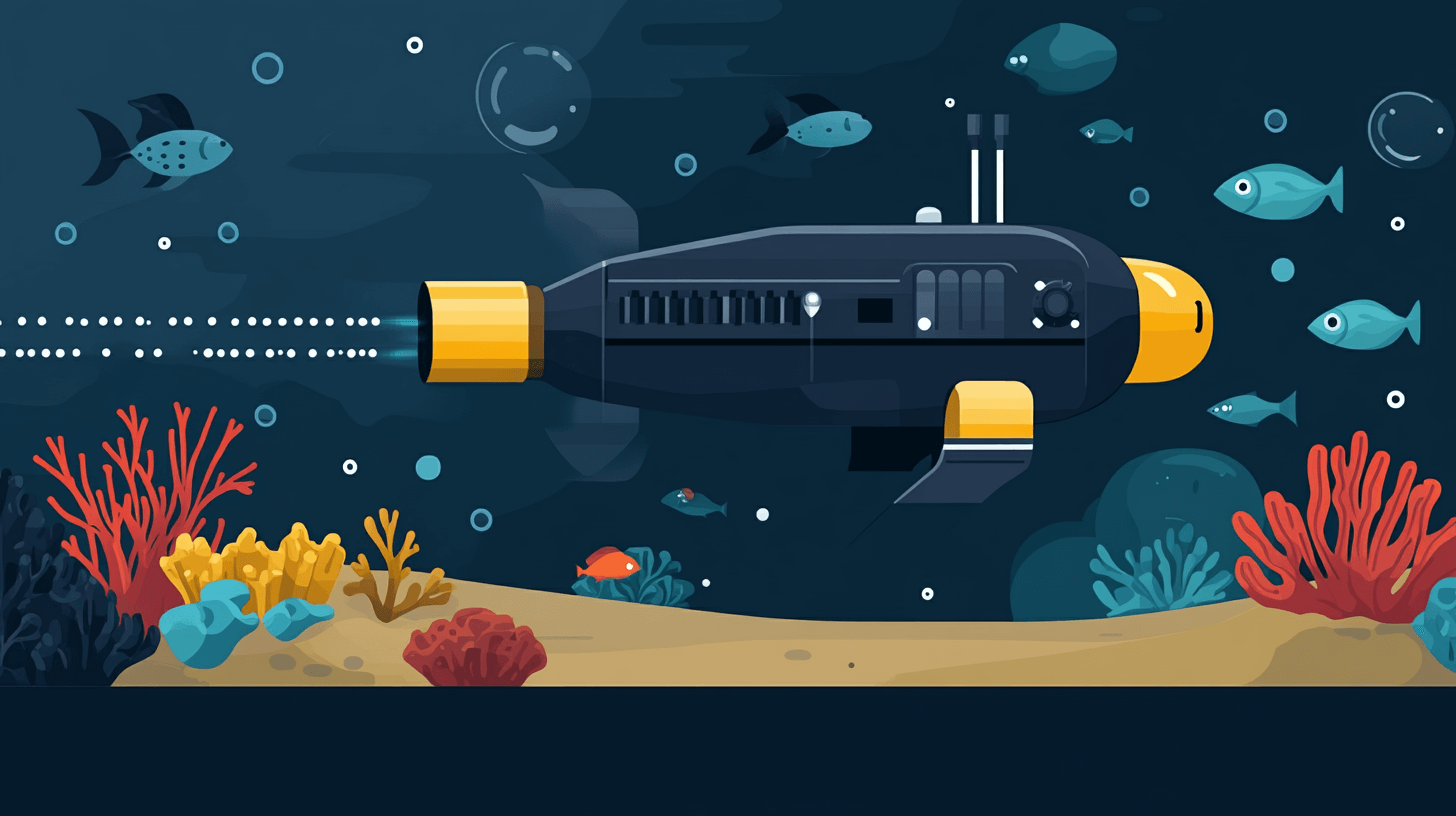
AI Is Benefiting Our Oceans: Here’s How
July 13, 2022 - Lou Farrell
Revolutionized is reader-supported. When you buy through links on our site, we may earn an affiliate commission. Learn more here.
Artificial intelligence has been a hot topic lately with so many industries benefiting from its implementation. It’s no wonder that AI is also making a splash in the ocean conservation community. Here, we’ll explore some of the ways that researchers are using AI to help protect our oceans and the marine life within them.
1. Collecting Data and Identifying Marine Species
Researchers can use the data AI collects to help identify areas in need of conservation efforts. By identifying the species that live in a certain area, we can get a better understanding of the ecosystem and what needs to be done to protect it. Additionally, having accurate data on marine life helps us to track the effects of human activity on the environment.
AI can also help researchers track the movement of fish. Oceanographers use this data to help identify areas where overfishing is occurring. By understanding the patterns of fish migration, we can better manage fishing efforts and help preserve populations.
2. Exploring the Ocean
AI can also help explore the ocean. For example, KAIKO is a submersible that uses AI to map the ocean floor. Researchers can use this information to measure the health of the ocean and identify areas that need protection.
In addition to mapping the ocean floor, AI helps explore the interactions between marine life and their environment. A project called AquaMaps is using machine learning to predict the distribution of marine species based on their environmental preferences.
3. Building Strategies to Reduce Plastic Pollution
Another way AI is helping preserve our oceans is by building strategies to reduce plastic pollution. The Ocean Cleanup With Microsoft uses AI to track and predict the movement of plastic in the ocean so it can be cleaned up more efficiently.
The technology works with passive cleanup systems that have sensors attached to gather information on currents and winds. AI conducts simulations to determine how these systems would move in the ocean to target plastic pollution.
4. Saving Marine Life and Coral Reefs
Cameras, sensors and AI help monitor the health of coral reefs. The Coral Reef Watch program uses AI to monitor coral reefs for bleaching events and assess when reefs are resilient and vulnerable to a changing climate. This information can provide early warning signs of reef health decline and encourage action to protect them.
5. Analyzing Scientific Research
Researchers can use AI to analyze large collections of data that would be time-consuming for humans to analyze themselves. An AI tool known as BERT looked at over 100,000 studies exploring climate change’s impact. BERT took in plenty of data to identify different climate impacts, interpreting them and mapping them out across the globe.
AI analysis like this can help researchers explore climate change’s effect on rising ocean levels and temperatures and give them consolidated evidence to encourage environmental protection efforts.
6. Measuring the Ocean’s Health
With the help of AI, researchers can efficiently collect information about the ocean’s health on a global scale. The machine-learning platform OC-SMART analyzes the color of coastal and open water to determine the ocean’s health. The data OC-SMART collects looks at factors like pollution and chlorophyll concentrations around the world for a comprehensive understanding of how healthy ocean waters are and climate change’s impact.
Saving the Ocean One Program at a Time
AI is playing a vital role in ocean conservation and will continue to do so in the future. With so many benefits, it’s clear that AI is a valuable tool for protecting our oceans. As we continue to explore ways to use AI for good, we will only find more and more benefits for our planet and its inhabitants.
Revolutionized is reader-supported. When you buy through links on our site, we may earn an affiliate commission. Learn more here.
Author
Lou Farrell
Lou Farrell, Senior Editor, is a science and technology writer at Revolutionized, specializing in technological advancements and the impacts on the environment from new developments in the industry. He loves almost nothing more than writing, and enthusiastically tackles each new challenge in this ever-changing world. If not writing, he enjoys unwinding with some casual gaming, or a good sci-fi or fantasy novel.







